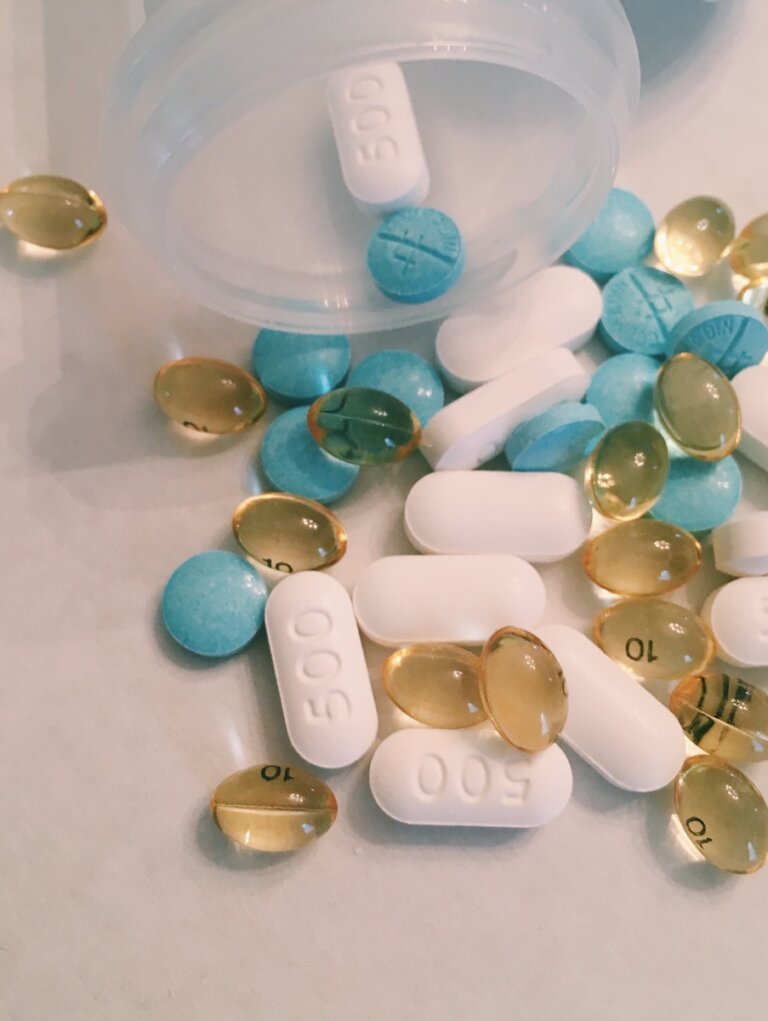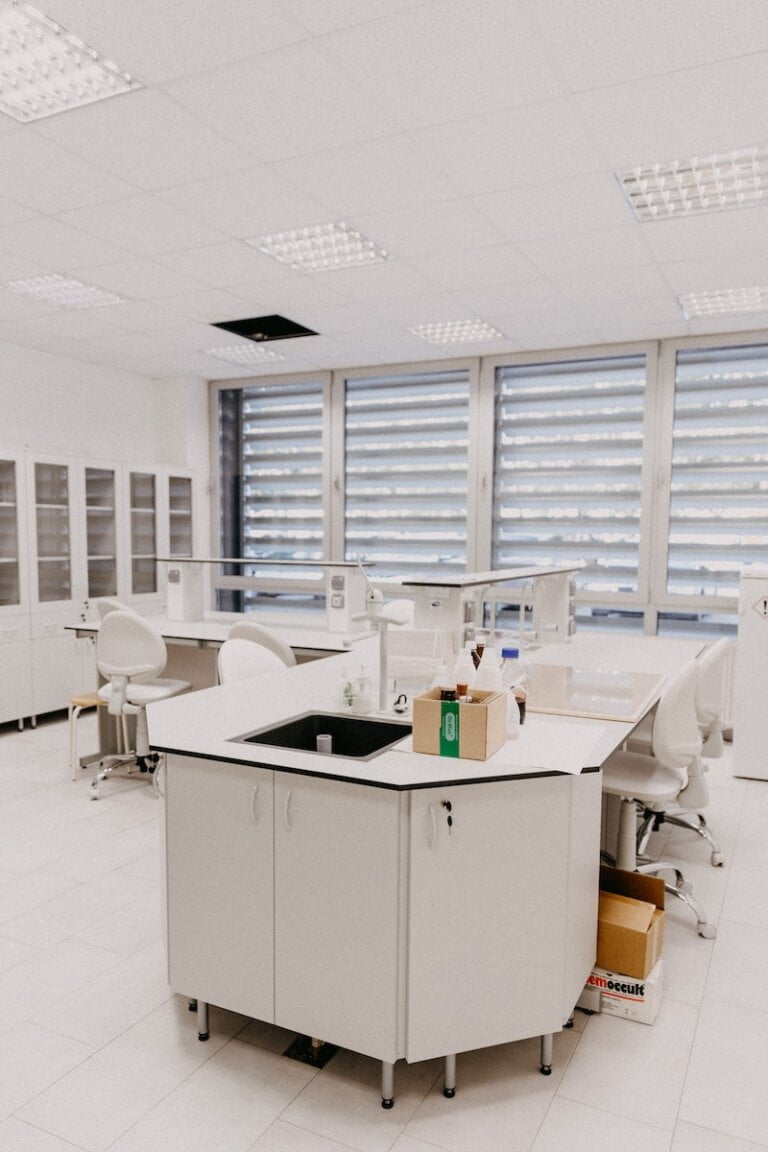Nurturing Your Ears: Essential Care and Remedies for Dry Ear Troubles
Taking care of our ears is often overlooked, but it is vital for maintaining good ear health. Dry ear troubles can be uncomfortable and even painful, causing itching, flaking, and irritation. In this article, we will explore essential care tips and effective remedies to nurture your ears and alleviate dry ear troubles.
Understanding Dry Ear Troubles
Dry ear troubles occur when the skin in and around the ears lacks moisture, leading to dryness and discomfort. Several factors can contribute to this condition, including environmental factors, excessive ear cleaning, allergies, and certain medical conditions. It is important to identify the underlying cause to effectively address your dry ear troubles.
Environmental Factors
Dry air, particularly during the winter months or in arid climates, can contribute to dry ear troubles. The lack of humidity in the air can cause the skin in and around the ears to become dry and flaky. Using a humidifier in your home or office can help add moisture to the air and prevent dryness.
Excessive Ear Cleaning
While it is important to keep your ears clean, excessive cleaning can strip away the natural oils that protect and moisturize the ear canal. The ear canal is self-cleaning and produces cerumen, commonly known as earwax, which helps to trap dust and debris and prevent infection. Avoid using cotton swabs or other objects to clean your ears, as this can push earwax deeper into the canal and cause irritation. Instead, gently clean the outer part of your ears with a soft cloth after showering or bathing.
Allergies
Allergies to certain substances, such as dust mites, pollen, or pet dander, can cause inflammation and dryness in the ears. If you suspect that allergies may be contributing to your dry ear troubles, try to identify and avoid the allergens that trigger your symptoms. This may involve keeping your living space clean, using air purifiers, and taking antihistamines as recommended by your healthcare professional.
Medical Conditions
Certain medical conditions, such as eczema or psoriasis, can affect the skin in and around the ears, leading to dryness and irritation. If you have a known skin condition, it is important to work with your healthcare professional to manage and treat it effectively. They may prescribe topical medications or recommend specific skincare routines to alleviate dryness and maintain skin health.
Essential Care Tips for Dry Ears
- Avoid excessive ear cleaning: While it is important to keep your ears clean, excessive cleaning can strip away the natural oils that protect and moisturize the ear canal. Gently clean your ears with a soft cloth or cotton swab, avoiding insertion into the ear canal.
Excessive ear cleaning can disrupt the delicate balance of the ear canal and lead to dryness. Instead, gently wipe the outer part of your ears with a soft cloth after showering or bathing. If you feel the need to clean deeper into the ear canal, consult with a healthcare professional for safe and appropriate methods.
- Keep ears dry: Moisture can exacerbate dry ear troubles. After swimming or showering, dry your ears thoroughly with a clean towel. Tilt your head to the side to allow any excess water to drain out.
Water trapped in the ear canal can lead to irritation and infection. To prevent this, make sure to thoroughly dry your ears after water exposure. You can also tilt your head to the side or gently tug on your earlobe to help water drain out naturally.
- Protect your ears: When engaging in activities that may expose your ears to excessive moisture, such as swimming or showering, consider wearing earplugs or a swim cap to prevent water from entering the ear canal.
Wearing earplugs or a swim cap creates a barrier that prevents water from entering the ear canal. This can be especially important for individuals prone to ear infections or those with a history of dry ear troubles. Make sure to choose earplugs that fit properly and are designed for water protection.
- Avoid using harsh products: Some soaps, shampoos, and hair products contain chemicals that can irritate the skin in and around the ears. Opt for mild, fragrance-free products to minimize the risk of dryness and irritation.
Harsh chemicals found in certain personal care products can strip away the natural oils and disrupt the skin’s moisture balance. Look for gentle, hypoallergenic products that are free from fragrances and other potential irritants. Be mindful of the ingredients list and choose products specifically formulated for sensitive skin.
- Maintain a healthy lifestyle: Proper nutrition and hydration play a crucial role in maintaining overall skin health, including the skin in your ears. Stay hydrated by drinking an adequate amount of water daily and consume a balanced diet rich in vitamins and minerals.
Good overall health is essential for healthy skin, including the skin in and around your ears. Make sure to drink enough water throughout the day to stay hydrated. Additionally, include a variety of fruits, vegetables, whole grains, and lean proteins in your diet to provide essential nutrients that support skin health.
Effective Remedies for Dry Ear Troubles
- Olive oil: Warm a small amount of olive oil and gently apply it to the outer ear using a cotton ball. The oil helps to moisturize the skin and alleviate dryness. Avoid using olive oil if you suspect you have a ruptured eardrum or any other ear condition. Consult a healthcare professional if unsure.
Olive oil has natural moisturizing properties and can help relieve dryness in the ears. Warm a small amount of olive oil and apply it to the outer ear using a cotton ball. Gently massage the oil into the skin, focusing on areas that feel dry or itchy. However, if you have a ruptured eardrum or any other ear condition, it is important to consult with a healthcare professional before using any remedies.
- Mineral oil: Similar to olive oil, mineral oil can be warmed and applied to the outer ear to provide moisture. It forms a protective barrier and prevents excessive evaporation of moisture from the ear.
Mineral oil acts as a barrier, locking in moisture and preventing excessive evaporation from the skin. Warm a small amount of mineral oil and apply it to the outer ear using a cotton ball. Gently massage the oil into the skin, focusing on dry or irritated areas. Be cautious not to insert anything into the ear canal, as this can lead to further complications.
- Coconut oil: With its natural antibacterial and antifungal properties, coconut oil can help soothe and hydrate dry ears. Apply a few drops of warm coconut oil to the affected area, gently massaging it in.
Coconut oil is known for its moisturizing properties and can provide relief for dry ears. Warm a few drops of coconut oil and apply it to the dry areas of your ears. Gently massage the oil into the skin to promote absorption. The natural antibacterial and antifungal properties of coconut oil can also help prevent infections in the ear.
- Aloe vera gel: Aloe vera gel is well-known for its soothing properties. Apply a small amount of pure aloe vera gel to the dry areas of your ears to relieve itching and irritation.
Aloe vera has a cooling and soothing effect on the skin, making it a great remedy for dry ears. Apply a small amount of pure aloe vera gel to the affected areas of your ears. Gently massage the gel into the skin to promote absorption. Aloe vera can provide relief from itching and irritation, helping to alleviate dry ear troubles.
- Avoid irritants: Identify and avoid any potential irritants that may be contributing to your dry ear troubles. These can include certain hair products, jewelry, and even environmental factors such as dry or dusty conditions.
Identifying and avoiding potential irritants is essential for managing dry ear troubles. Certain hair products, such as hairsprays or styling gels, can contain chemicals that irritate the skin in and around the ears. Be mindful of the products you use and opt for those labeled as hypoallergenic or suitable for sensitive skin. Additionally, avoid wearing jewelry that may come into contact with your ears and aggravate the dryness. Environmental factors, such as dry or dusty conditions, can also contribute to dry ear troubles. If possible, try to minimize exposure to these conditions or take necessary precautions, such as wearing protective headgear or using a scarf to cover your ears.
- Humidifier: If dry air is the culprit behind your dry ear troubles, consider using a humidifier to add moisture to the air. This can be particularly helpful during the winter months when indoor heating can further dry out the air.
Using a humidifier can help increase the moisture level in the air and prevent dryness in the ears. Place a humidifier in the rooms where you spend the most time, especially during dry seasons or in arid climates. Ensure that the humidifier is cleaned regularly to prevent the growth of mold or bacteria.
- Seek medical advice: If your dry ear troubles persist or worsen despite following these remedies and care tips, it is important to consult a healthcare professional. They can assess your condition, identify any underlying causes, and provide appropriate treatment options.
If your dry ear troubles persist or become more severe, it is crucial to seek medical advice. A healthcare professional can evaluate your symptoms, conduct a thorough examination, and determine the underlying cause of your dry ear troubles. They may recommend specific treatments, prescribe medicated eardrops, or refer you to an ear specialist for further evaluation.
Remember, prevention is key when it comes to dry ear troubles. By practicing good ear care habits and promptly addressing any symptoms of dryness or discomfort, you can maintain healthy, nourished ears.
Disclaimer: The information provided in this article is for informational purposes only and should not be considered as medical advice. Always consult with a healthcare professional before attempting any remedies or treatments for dry ear troubles.
Q: What causes dry ear troubles?
A: Dry ear troubles can be caused by environmental factors, excessive ear cleaning, allergies, and certain medical conditions.
Q: How can I prevent dry ear troubles?
A: To prevent dry ear troubles, avoid excessive ear cleaning, keep your ears dry after swimming or showering, protect your ears from excessive moisture, avoid using harsh products, and maintain a healthy lifestyle.
Q: What are some effective remedies for dry ear troubles?
A: Some effective remedies for dry ear troubles include using olive oil, mineral oil, coconut oil, and aloe vera gel. It is important to avoid irritants and seek medical advice if the condition persists.
Q: When should I seek medical advice for dry ear troubles?
A: If your dry ear troubles persist or worsen despite using remedies and care tips, it is important to consult a healthcare professional for assessment and appropriate treatment options.







